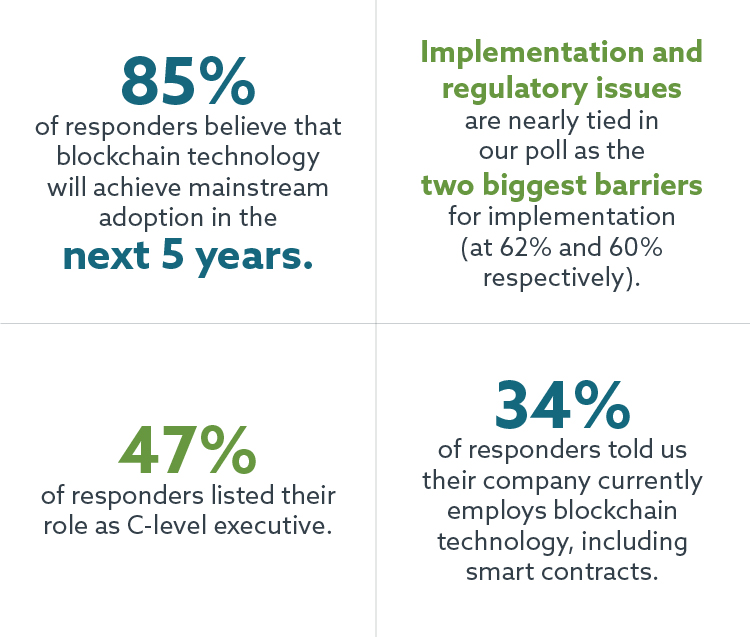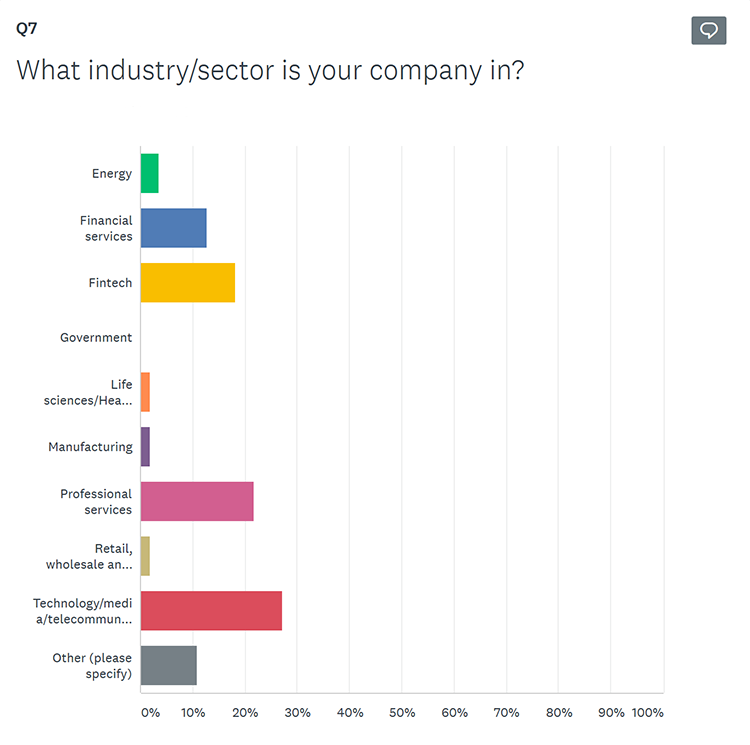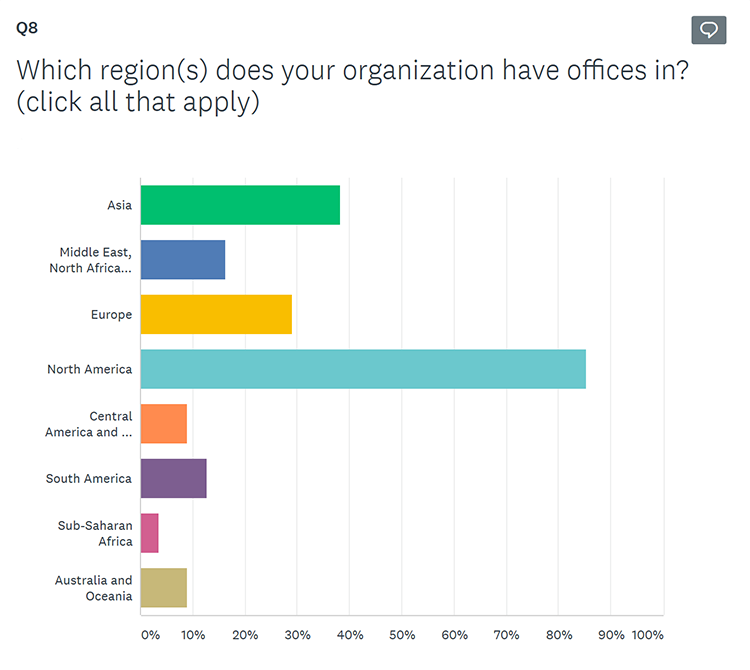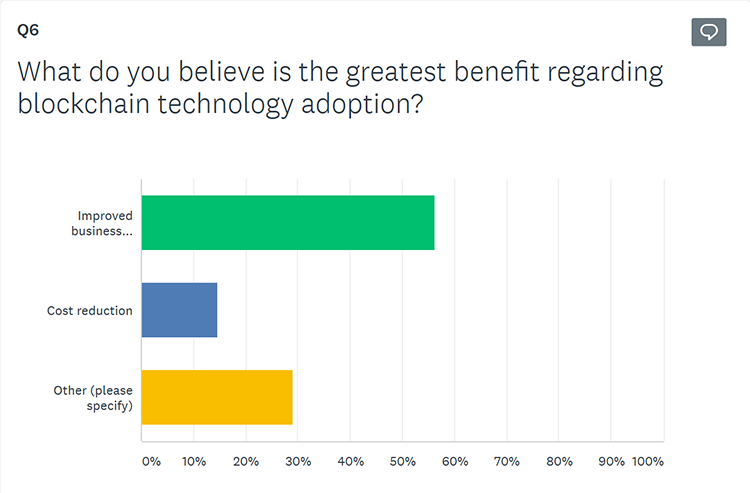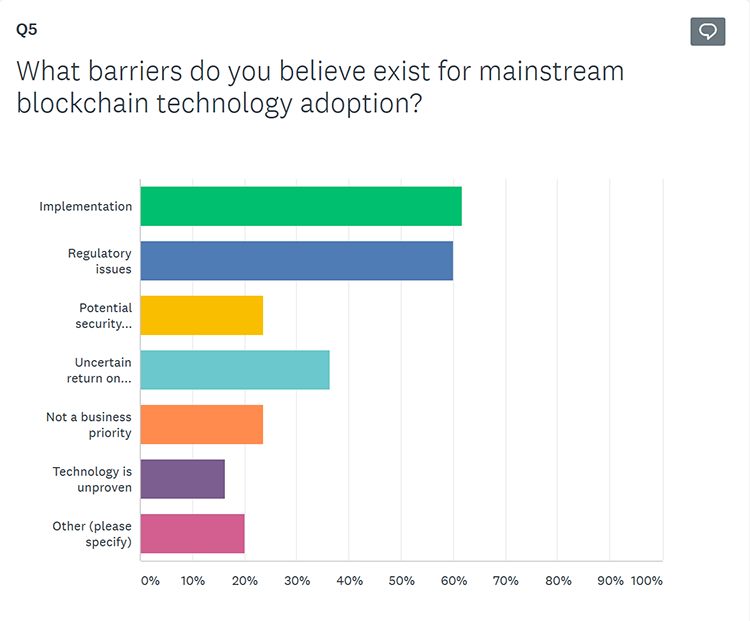Two recent guilty pleas involving a cryptocurrency exchange serve as a reminder to all money services businesses (“MSBs”)—including those ostensibly located outside the United States but that conduct business there—of the importance of implementing anti-money laundering (“AML”) programs and registering as MSBs with the U.S. Treasury Department’s Financial Crimes Enforcement Network (“FinCEN”). Last week, two founders and executives of BitMEX—a virtual currency derivatives exchange whose parent company was registered in the Seychelles but operated globally, including in the United States—pled guilty to criminal Bank Secrecy Act (“BSA”) violations stemming from the company’s willful failure to establish, implement, and maintain an AML program.[1]
The BitMEX enforcement action also highlights sanctions non-compliance risks. Without a Know Your Customer (“KYC”) program, BitMEX carried out transactions for customers based in Iran, a jurisdiction comprehensively sanctioned by the U.S. Treasury Department’s Office of Foreign Assets Control (“OFAC”). As OFAC has made clear, sanctions compliance obligations remain the same regardless of whether transactions are denominated in virtual currency or fiat. A focus on sanctions compliance may become even more critical for cryptocurrency companies in the wake of the new far-reaching Russia-related sanctions imposed by the United States, the EU, and the UK, among other governments, in response to Russia’s invasion of Ukraine. OFAC and the New York State Department of Financial Services (“NYSDFS”) have warned that as sanctioned persons and jurisdictions “become more desperate for access to the U.S. financial system,” they are likely to turn to cryptocurrency to minimize the crippling effect of sanctions.
BitMEX Founders’ Guilty Pleas
The two BitMEX founders’ guilty pleas on February 24, 2022 follow the company’s settlement with U.S. regulators in August 2021, which was one of the largest-ever resolutions with a cryptocurrency exchange. While BitMEX was incorporated in the Seychelles, it had connections to the United States, including maintaining offices there and soliciting and accepting orders from U.S. customers. FinCEN and the Commodity Futures Trading Commission found that BitMEX was operating as an unregistered futures commission merchant under the BSA, and that it failed to comply with the BSA’s AML program requirements, including by failing to maintain an adequate customer identification program. BitMEX resolved the allegations for $100 million, with a $20 million suspended penalty pending the company’s remediation and prevention measures, including ending all operations within the United States and no longer serving any U.S. customers.
The Department of Justice charged four of the company’s founders and executives in October 2020. In announcing that two of them, Arthur Hayes and Benjamin Delo, had pled guilty to willfully violating the BSA, the Department of Justice alleged that these two founders “closely” followed the U.S. regulatory developments and were aware of their BSA obligations due to U.S. customers’ trading on BitMEX. Yet, they allegedly took affirmative steps purportedly designed to exempt BitMEX from the application of U.S. laws like AML requirements and KYC requirements. For example, according to prosecutors, “the defendants caused BitMEX to formally incorporate in the Seychelles, a jurisdiction they believed had less stringent regulation, and from which they could still serve U.S. customers and operate within the United States without performing AML and KYC.” Without “even basic” AML policies in place, BitMEX became “in effect a money laundering platform” and a “vehicle for sanctions violations.”
Takeaways
This development illustrates the significant risks to which foreign-located MSBs expose themselves if they have U.S. customers but fail to comply with the BSA. Incorporating in a “friendlier” jurisdiction, like the Seychelles in the BitMEX case, does not protect an MSB from BSA liability if it operates in the United States. The BSA applies to MSBs “wherever located” if they conduct business “wholly or in substantial part within the United States.” Thus, all MSBs, including those transmitting cryptocurrency—with any U.S. nexus—should take note of the BSA requirements. Those include registering with FinCEN; implementing a written AML program with policies, procedures, and internal controls, including regarding customer identification and verification; and controls to detect and report suspicious activity. The AML programs must be commensurate with the risks posed by the location, size, nature and volume of the services provided by the MSB and be effective in preventing the MSB from being used to facilitate money laundering and the financing of terrorist activities.
An effective AML/KYC program will also help ensure compliance with sanctions regulations. As noted, cryptocurrency exchanges will likely face increased sanctions risks due to the sweeping sanctions recently imposed against Russian banks, entities, and individuals by the United States, EU, UK, and other governments, and additional measures that may be imposed in the coming days or weeks. As such, cryptocurrency exchanges may face, and must address, “unique risks.”
By implementing a KYC program, which includes sanctions screening, cryptocurrency companies can help ensure they do not engage, directly or indirectly, in transactions prohibited by sanctions, such as dealings with blocked persons or property, or engaging in prohibited trade- or investment-related transactions. To ensure compliance, cryptocurrency exchanges should also employ geolocation and IP-address blocking to prohibit access by parties from sanctioned jurisdictions, perform transaction monitoring to detect suspicious activity, and file required reports with FinCEN and OFAC. Exchanges operating outside the United States that do not yet have but want to attract U.S. users should also consider implementing such measures.
[1] Also last week, on February 25, 2022, BitConnect founder Satish Kumbhani was indicted in a cryptocurrency Ponzi scheme, which the government alleges deprived investors worldwide, including in the United States, of over $2 billion. According to the indictment, to avoid regulatory scrutiny and conceal BitConnect’s fraudulent scheme, Kumbhani evaded and circumvented U.S. regulations, including those enforced by the FinCEN. Among other things, BitConnect never registered with FinCEN, as required under the BSA.
